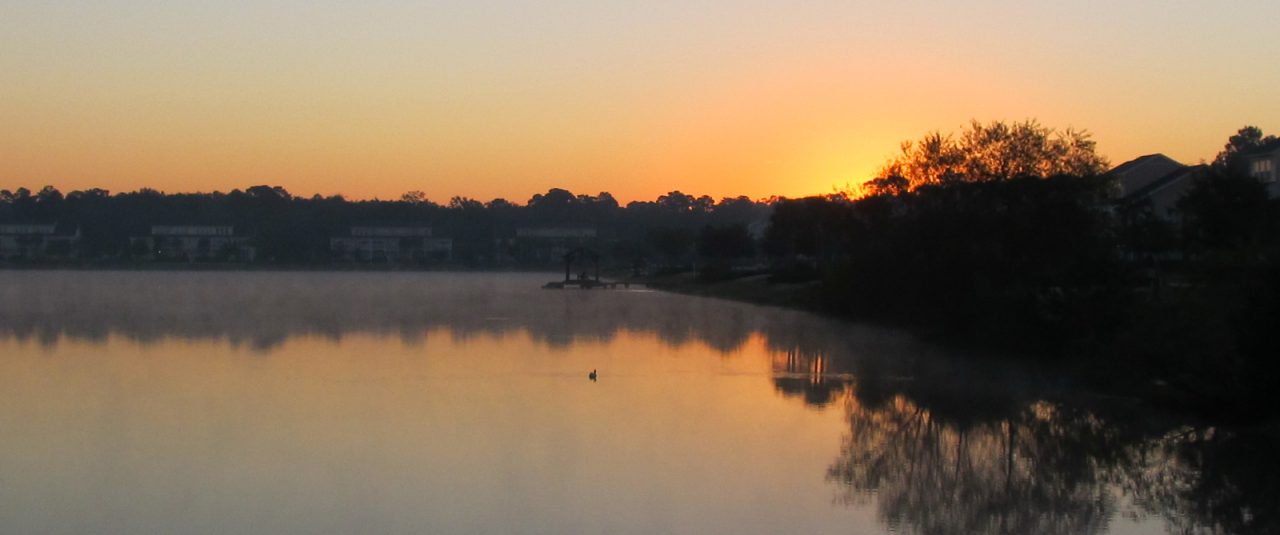
Every year around Memorial Day, you see volunteers of the American Legion Auxiliary distributing bright red crepe paper poppies made by hospitalized veterans in exchange for contributions which help both disabled and hospitalized veterans. The program provides multiple benefits to veterans and the community. Donations are used exclusively to assist and support veterans and their families and the poppy also reminds the community of the continuing needs of veterans. The veterans who make the poppies earn a small wage and there are many therapeutic benefits, both mental and physical, associated with the activity.
The legend of the poppy began during World War I when a Lt. Col. John McCrea, a doctor and a member of the Canadian army, wrote a beautiful poem called, In Flanders Fields, which has become one of the most famous war poems honoring those who made the ultimate sacrifice. The Poppy’s worldwide symbol of sacrifice is worn to honor the men and women who served and dies for their country in all wars, including the Global War on Terrorism. The Poppy grew wild on the battlefields of Flanders Fields and has become a symbol of sacrifice endured by the soldiers. Like the blood that was shed there, its brilliant red bloom became a symbol of hope and renewal for those who lived and walked away. For those who would never leave, it became a perpetual memory to their bravery. So please look for the volunteer with the tray of poppies and support the veterans.
In Flanders Fields
In Flanders Fields the Poppies blow
Between the crosses, row on row
That mark our place; and in the sky
The larks, still bravely singing, fly
Scarce heard amid the guns below.
We are the dead. Short days ago
We lived, felt dawn, saw sunset glow,
Loved and were loved, and now we lie
In Flanders Fields.
Take up our quarrel with the foe;
To you from failing hands we throw
The torch; be yours to hold it high
If ye break faith with us who die
We shall not sleep, though Poppies grow
in Flanders Fields.
By Lt. Col. John McCrea (1872-1918)
Like The Star Spangled Banner, written in Baltimore Harbor during the bombardment, In Flanders Fields was written on the spot, as Canadian battle surgeon, John McCrae gazed at fresh graves of his friends and comrades, and poppies “blowing” in the wind. Obviously, the post-war, blood red bloom from the fields of battle had a huge impact on all who saw or heard about it and has been a lasting memorial.
